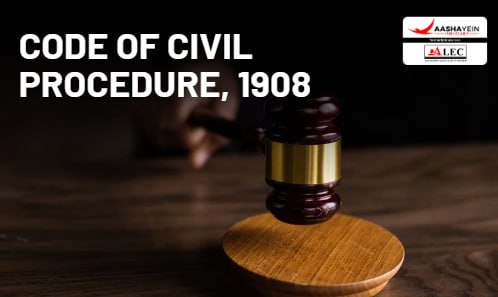What is an Interpleader Suit?
An interpleader suit is a legal action where the real dispute is not between the plaintiff (the person filing the suit) and the defendant(s) but between multiple defendants who are claiming the same property or money. Unlike an ordinary lawsuit, the plaintiff in an interpleader suit is not personally involved in the conflict but simply brings the case to court to determine the rightful owner.
Legal Meaning of Interpleader
To interplead means to litigate with each other over a legal claim that concerns a third party. This suit ensures that the correct claimant receives the disputed property while protecting the neutral party (plaintiff) from multiple lawsuits.
Who Are the Parties in an Interpleader Suit?
Plaintiff – The person who holds the disputed money or property and does not claim any personal interest in it. They file the suit to avoid being held responsible for giving the property to the wrong party.
Defendants – The people who are making conflicting claims over the property or money. They interplead (litigate against each other) to establish their rights.
Key Features of an Interpleader Suit
- The plaintiff does not have a personal interest in the property.
- The plaintiff only facilitates the legal process and is not liable for any damages.
- The court decides which defendant has the stronger legal claim over the disputed property.
- In Indian law, Section 88 and Order XXXV of the Civil Procedure Code (CPC) govern interpleader suits.
You can also read the latest judgment by visiting [Latest Judgment].
For more information, visit [Aashayein Enquiry Section]
Objective
The main purpose of an interpleader suit is to resolve conflicting claims between two or more parties over the same property or money. Instead of the holder of the property deciding who should get it, the court determines the rightful owner.
Judicial Interpretation
In Raja Bhagwati Baksh Singh v. Civil Judge, AIR 1961 All 559, the court held that an interpleader suit requires a dispute over money, property, or debt between the defendants. The plaintiff must have no personal interest in the disputed property except for legal costs and must be willing to hand it over to whoever the court declares as the rightful owner. The court also allowed amendments to the plaint to include new properties or additional parties.
Who Cannot File an Interpleader Suit? (Order XXXV Rule 5)
- An agent cannot file an interpleader suit against their principal.
- A tenant cannot file an interpleader suit against their landlord to force them into a dispute with a third party.
In N.M.N. Duraiswami Chettiar v. Dindigul Urban Co-operative Bank Ltd., the court ruled that a bank could file an interpleader suit when a dispute arises over ownership of a deposit between a customer and a third party. This does not violate Order XXXV, Rule 5 of the Civil Procedure Code (CPC), 1908.
Illustration- A person, A, has ₹2 crores as a fixed deposit in a bank. He has two wives, and each has one child. Both wives claim the deposit for their child’s maintenance. Since the bank does not know who the rightful owner is, it files an interpleader suit to let the court decide.
Conditions for Filing an Interpleader Suit
- To file an interpleader suit, the following conditions must be met:
- A dispute must exist over a debt, sum of money, or movable/immovable property.
- Two or more parties must claim the same property but in conflict with each other.
- The holder of the property (such as a bank or trustee) must not claim ownership, except for any charges or costs incurred. They must be willing to hand it over to the rightful owner once decided by the court.
- There must not be any pending case that can already resolve the issue between the claimants.
When Can an Interpleader Suit Be Filed? (Section 88)
- The suit can be filed when ownership or possession of money or property is in dispute.
- The person holding the property must not have any personal interest in it and should be willing to transfer it to the rightful owner as determined by the court.
Appeal Against Dismissal of an Interpleader Suit: If an interpleader suit is dismissed, an appeal can be filed under Order XLIII, Rule 1 of the CPC, 1908.

